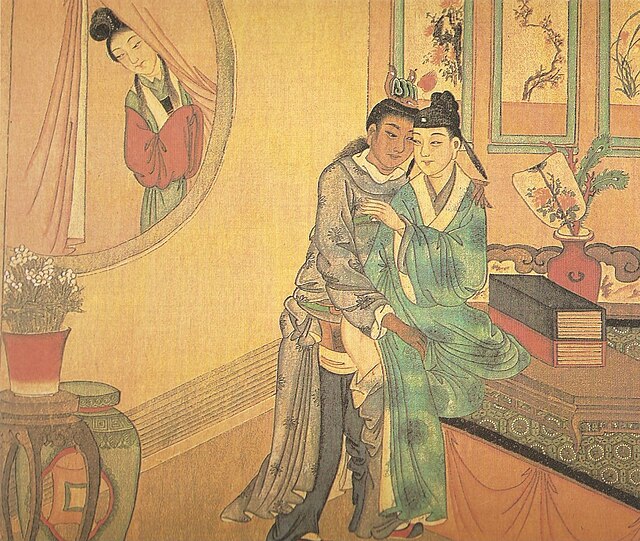Infinite photos and videos for every Wiki article ·
Find something interesting to watch in seconds
Rare Coins
Tallest Buildings
Celebrities
Best Campuses
Largest Palaces
Ancient Marvels
Largest Empires
History by Country
Great Cities
Supercars
Presidents
Crown Jewels
Recovered Treasures
World Banknotes
Great Artists
Richest US Counties
Kings of France
Famous Castles
Great Museums
Animals
Wonders of Nature
Wars and Battles
British Monarchs
Countries of the World
Orders and Medals
Sports
more top lists



